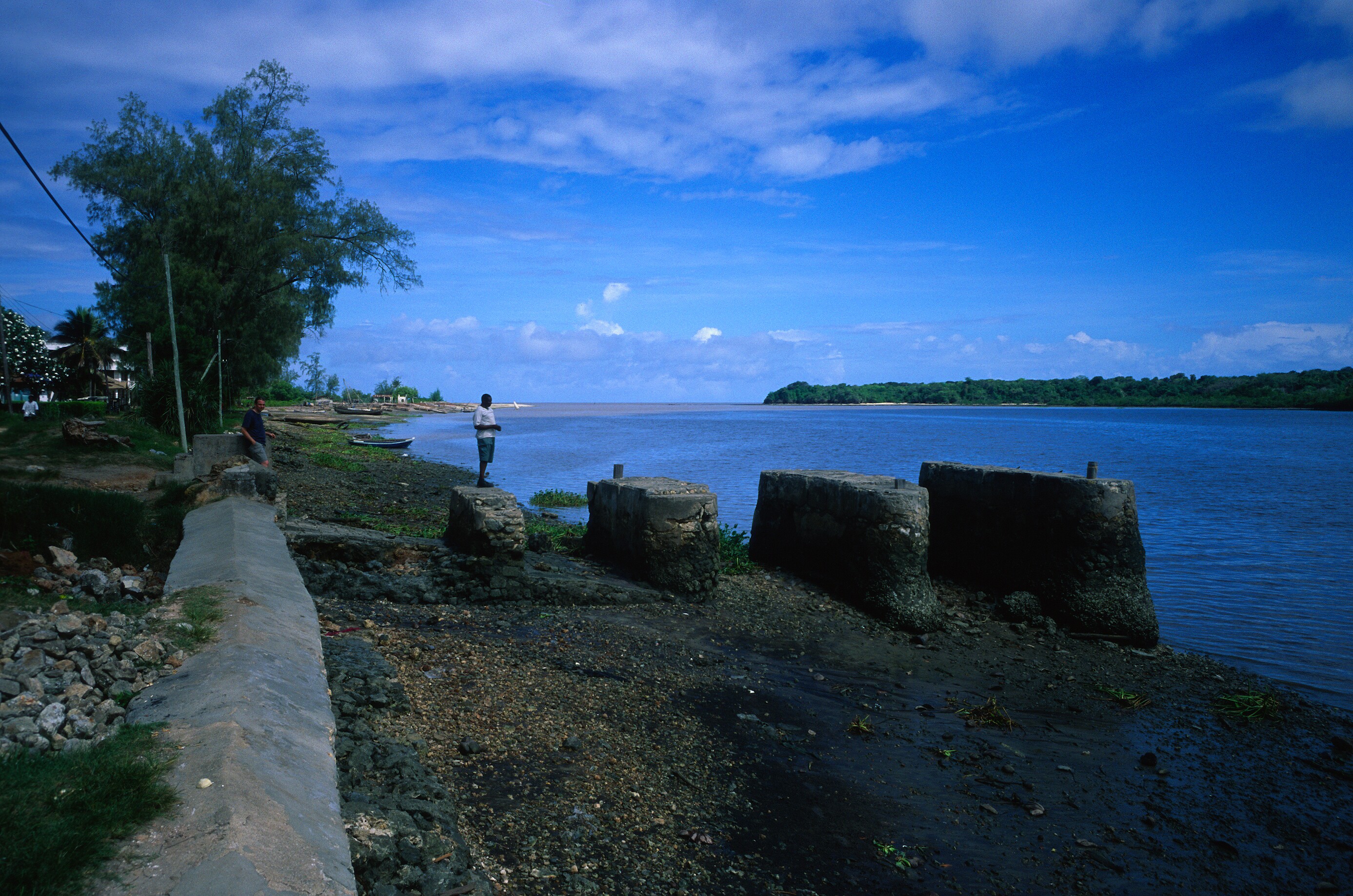Description
The Pangani river basin covers an area of 43,650km2 with 95% in Tanzania and 5% in Kenya. The river begins as a series of small streams draining from Mt. Kilimanjaro, Mt Meru and the Pare and Usambara mountain ranges and flows into the Indian Ocean.
The river basin is a diverse ecosystem with fertile soils and ample rainfall. Also called the breadbasket of Tanzania, the region is used by over three million people for agriculture and fisheries. A series of hydro-electric power stations along the 500km long river also contribute about 17% towards Tanzania’s national electricity needs.
Climate change has had adverse effects on the Pangani Basin. Flows have been reduced from several hundred to less than 40 m3 per second. A model from the Pangani Basin Water Board (PBWB) indicates that different flow patterns are essential for maintaining the river’s natural equilibrium. In addition, population growth, deforestation, increasing numbers of livestock and the expansion of cultivated land, as well as fishing, mining and hydroelectric power activities have led to excessive pressures on the basin’s water resources. All of these adversely affect essential ecosystems on which the poorest depend the most.
A previous ‘sectoral’ approach created conflict due to the differing priorities of the stakeholders involved within the basin. This pointed towards the need for a transition to a sustainable water management plan which would address demand within the limits of availability to prevent over-allocation.
Action taken
Working with the Pangani Basin Water Board (PBWB), WANI convened a stakeholder platform in 2002 to look at options for Integrated Water Resources Management (IWRM). WANI and partners focused on the implementation of effective monitoring and data collection systems which would provide information on environmental, economic and social implications of different river flow scenarios under expected climatic conditions. Simultaneously, WANI supported global learning initiatives related to water governance, environmental flows and environmental economics. Pangani stakeholder platforms brought people together and provided a space for discussion and negotiation.
Rather than shaping new policies for water management, WANI worked closely with the Government of Tanzania to operationalize reforms focusing on the establishment of catchment water forums and planned allocation of water resources.
The initial interventions we essential to build trust between stakeholders, understand natural resources management at the local level, explore options for scaling-up, and test and develop new methodologies. A roadmap for the establishment of a sub-catchment forum was drafted and workshops with local government and water users helped raise awareness about IWRM and climate change.
The PBWB coordinated key sectors and stakeholders to lay the groundwork for eventually developing an IWRM plan. Since 2007 the framework has been taken forward with a variety of government structures across the basin being created to promote community participation in IWRM planning and implementation.
Lessons learned
- With a large number of water-related conflicts in the Pangani Basin, providing space for stakeholder dialogue through small-scale infrastructure development was essential to make scaling-up possible.
- Sub-catchment forums can empower water users to participate in IWRM and climate change adaptation processes through dialogue and decentralized water governance.
- Detailed data on the economic, social and ecological impacts of changes in river flow is needed. When combined with hydrological data, climate change effects and environmental trade-offs, long-term scenarios can be formed to assess a future development pathways and guide water-resource planning decisions.
- The environmental flows approach and tools demonstrated in the Pangani Basin have global resonance. This case should be used as a pivotal element in developing holistic water management solutions.

